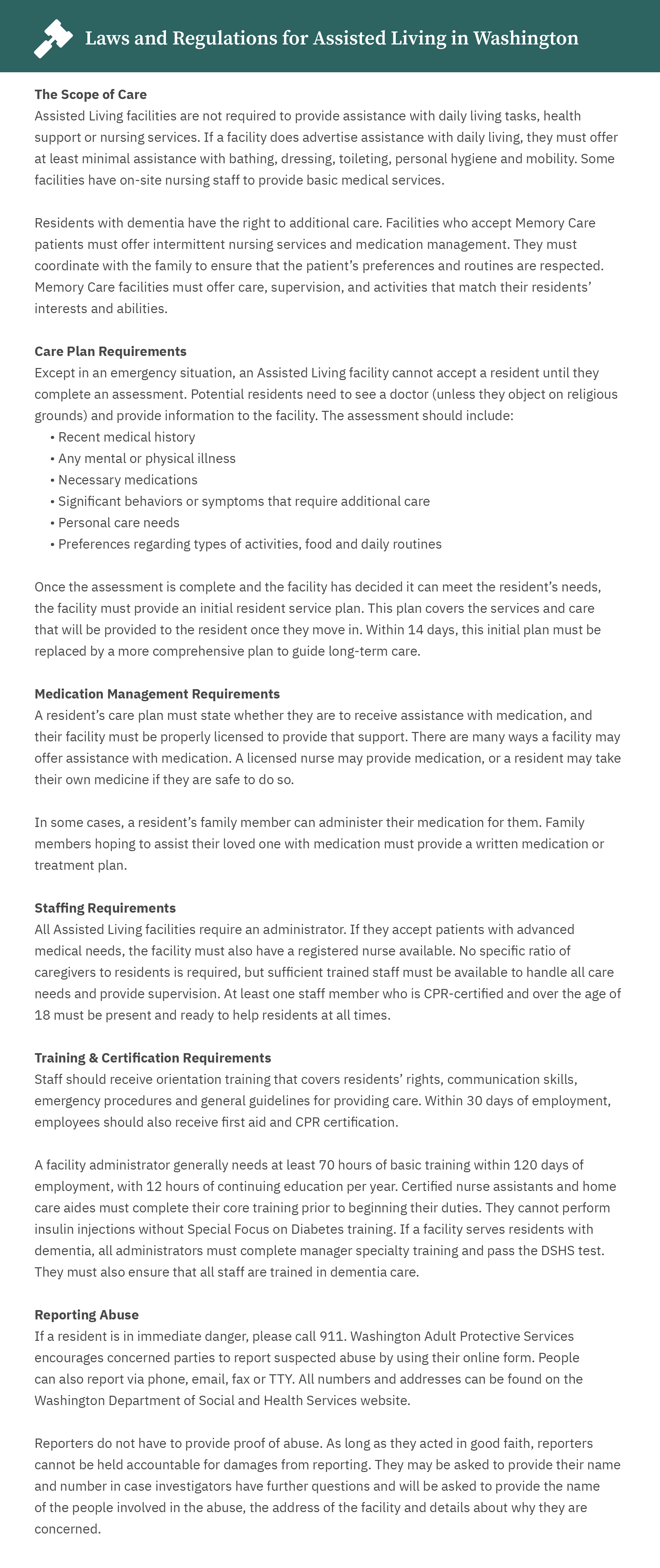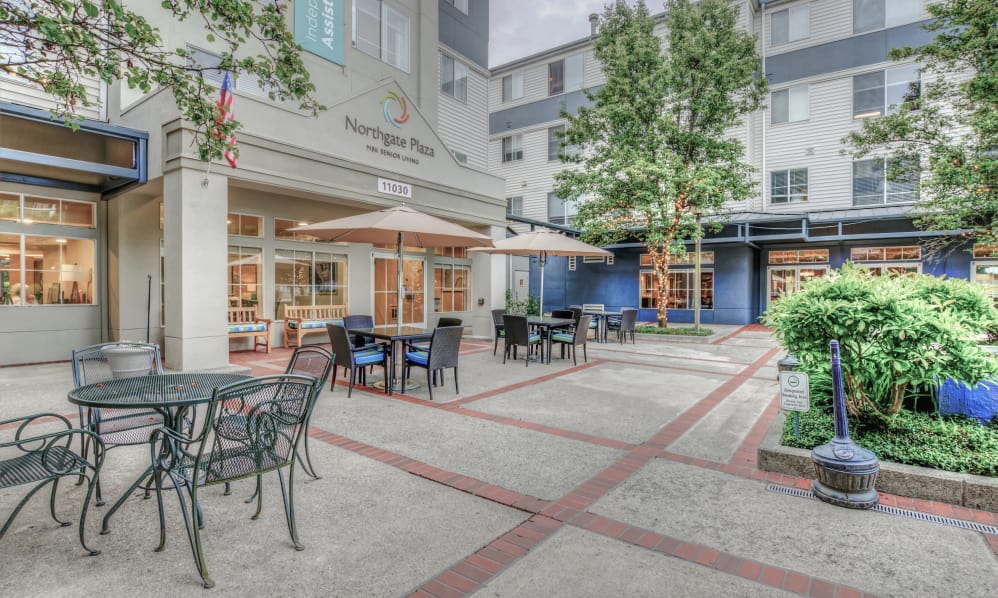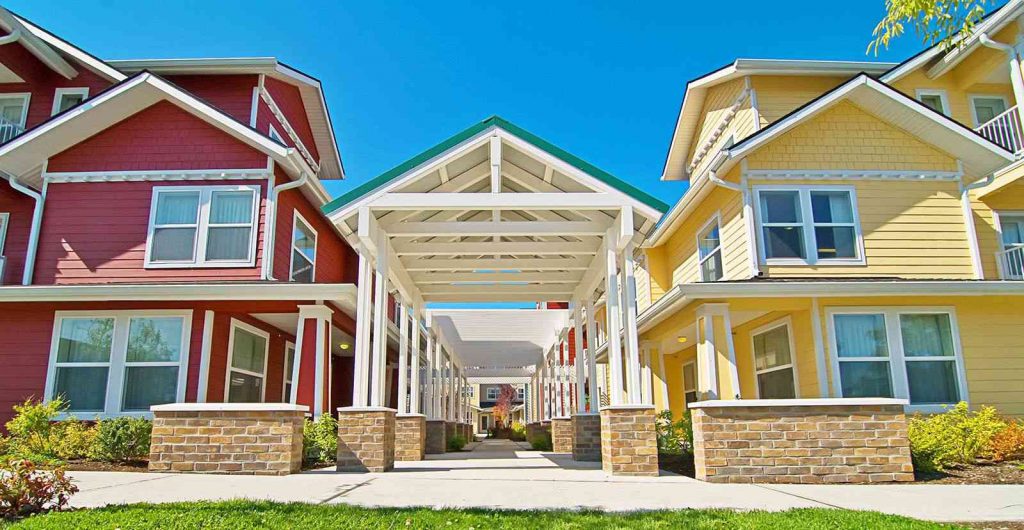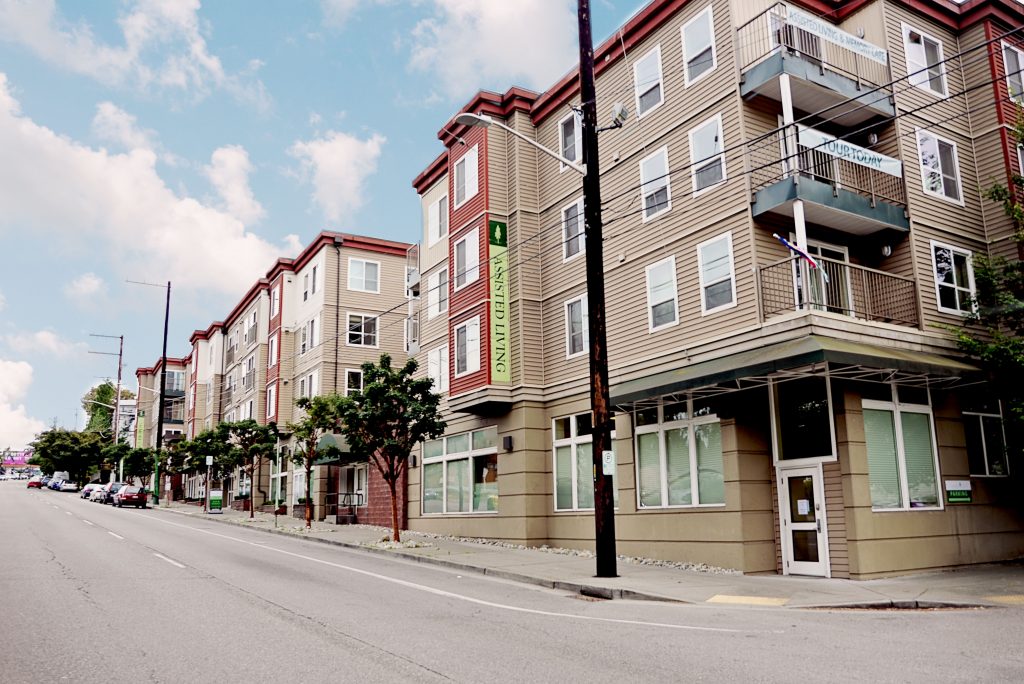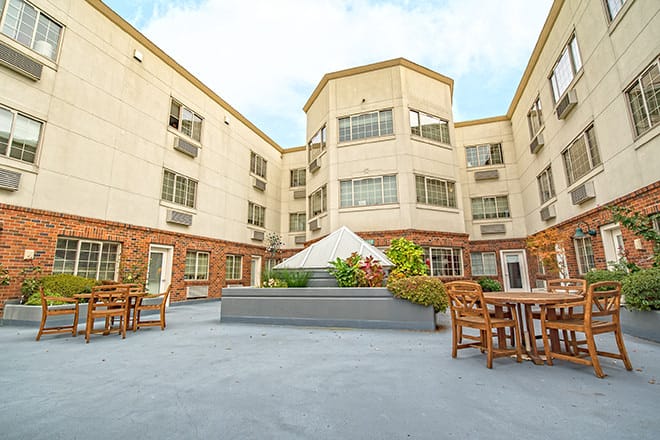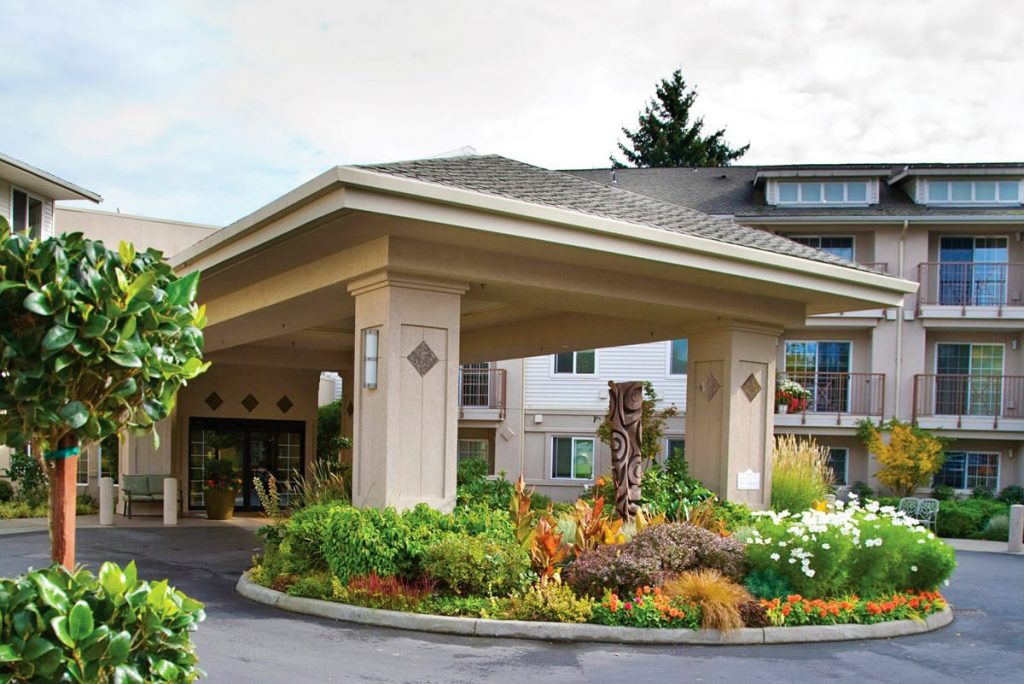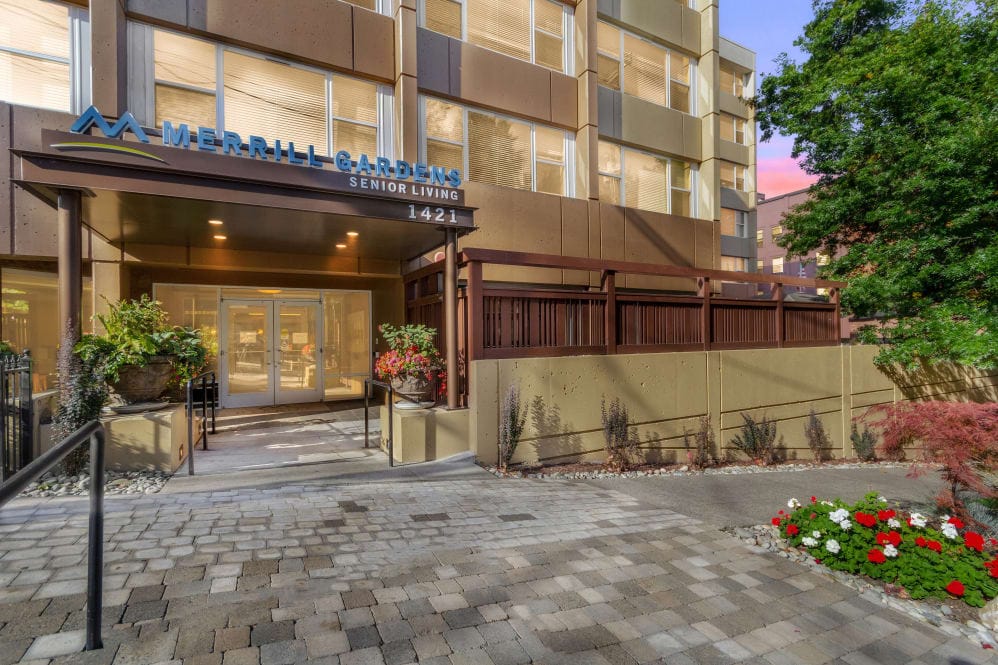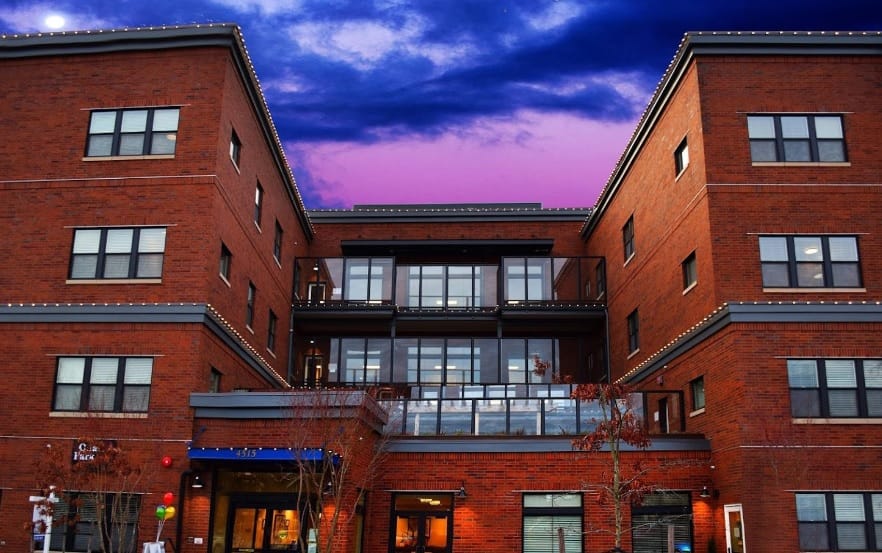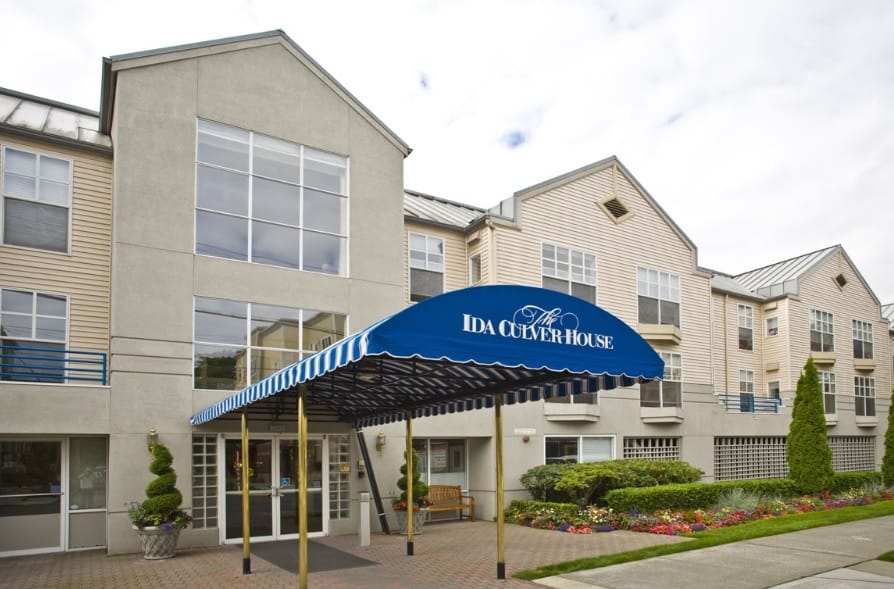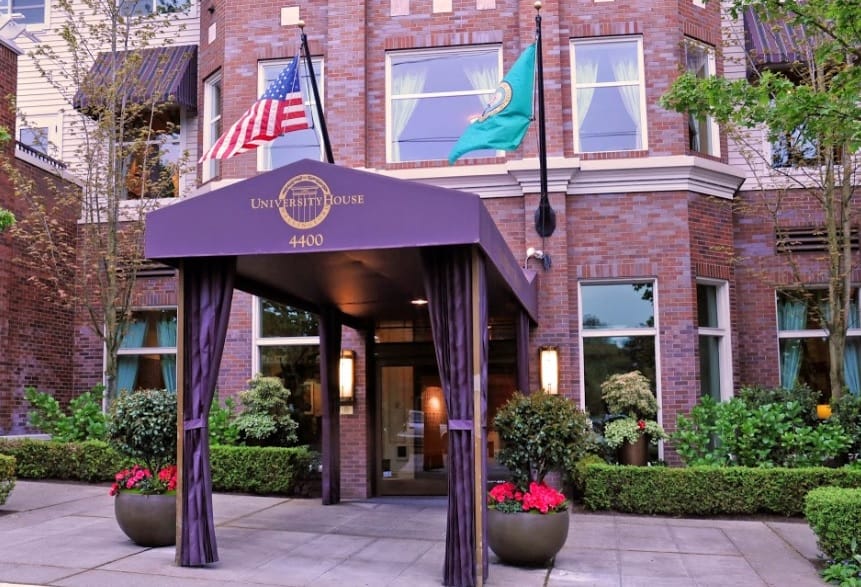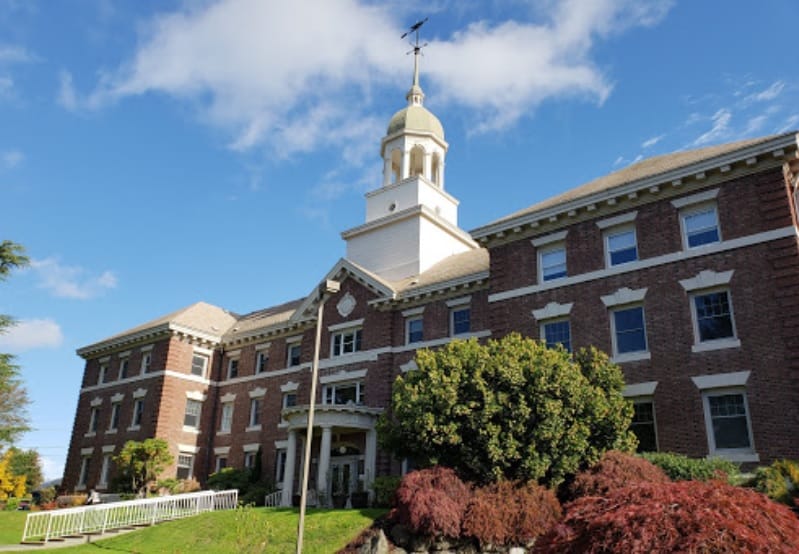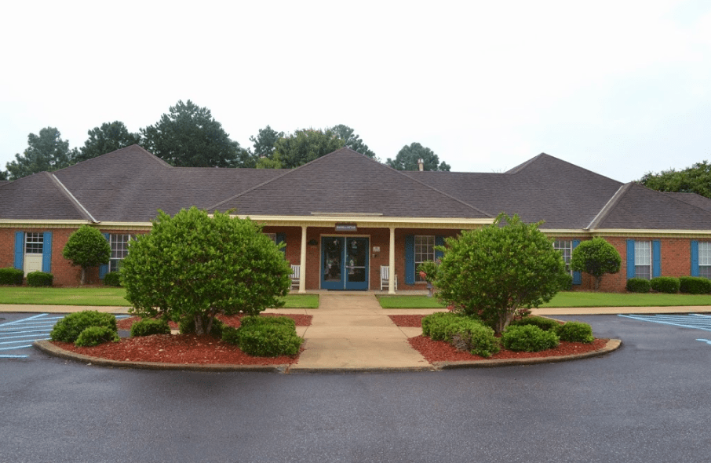Get Pricing & Availability for Assisted Living in Seattle, WA
Call (855) 481-6777 for immediate assistance and get more details

Page Reviewed / Updated – July 7, 2022
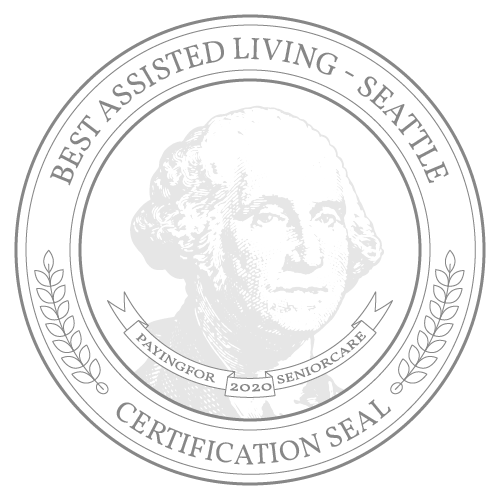
Washington State’s largest city, Seattle, offers a diverse culture, abundant natural beauty and a classic Pacific Northwest climate. Winters are cool and wet, while summers are warm and pleasant. Retirees who enjoy outdoor recreation have a range of activities to choose from, including fishing, hunting, hiking, boating, biking and birdwatching. With a population of slightly more than 737,000 citizens, Seattle has urban amenities expected of a large city, with good hospitals, such as Virginia Mason Franciscan Health and Harborview Medical Center, an international airport and plenty of museums, galleries, and eclectic retail shops and restaurants.
Approximately 12.5% of Seattle’s residents are aged 65 or over. The average cost of assisted living in Seattle is $6,750 per month. Although this is higher than the national average, Social Security and other retirement income aren’t subject to tax because Washington doesn’t have a personal income tax.
This guide explores the costs of care in Seattle and provides information about resources for seniors.
The Cost of Assisted Living in Seattle, WA
According to the 2021 Genworth Cost of Care Survey, seniors in Seattle pay the highest costs in the state at $6,750, where residents pay $1,750 more than the Washington average and $2,250 more than the national average of $4,500.
Residents of assisted living facilities in Walla Walla pay less than half of Seattle’s monthly costs at $3,211, while their counterparts to the north in Spokane pay $4,888 per month. Those in Bellingham, Washington’s northernmost city, pay a monthly average of $4,600. In the center of the state in Wenatchee, assisted living costs are $1,000 less than those in Seattle at an average $5,750 per month.
- Seattle: $6,750
- Washington: $6,000
- United States: $4,500
- Walla Walla: $3,211
- Spokane: $4,888
- Bellingham: $4,600
- Wenatchee: $5,750
The Cost of Other Types of Senior Care in Seattle, WA
The average cost of in-home care in Seattle is only a few dollars higher than assisted living in Seattle. The typical cost of in-home services and home health care are both $6,769 per month. Adult day health care is the least expensive option at $2,600 per month. Nursing home care costs an average of $9,916 for a semiprivate room and $11,984.
- In-Home Care: $6,769
- Home Health Care: $6,769
- Adult Day Health Care: $2,600
- Assisted Living: $6,750
- Nursing Home (semiprivate room): $9,916
- Nursing Home (private room): $11,984
Financial Assistance for Assisted Living in Seattle, WA
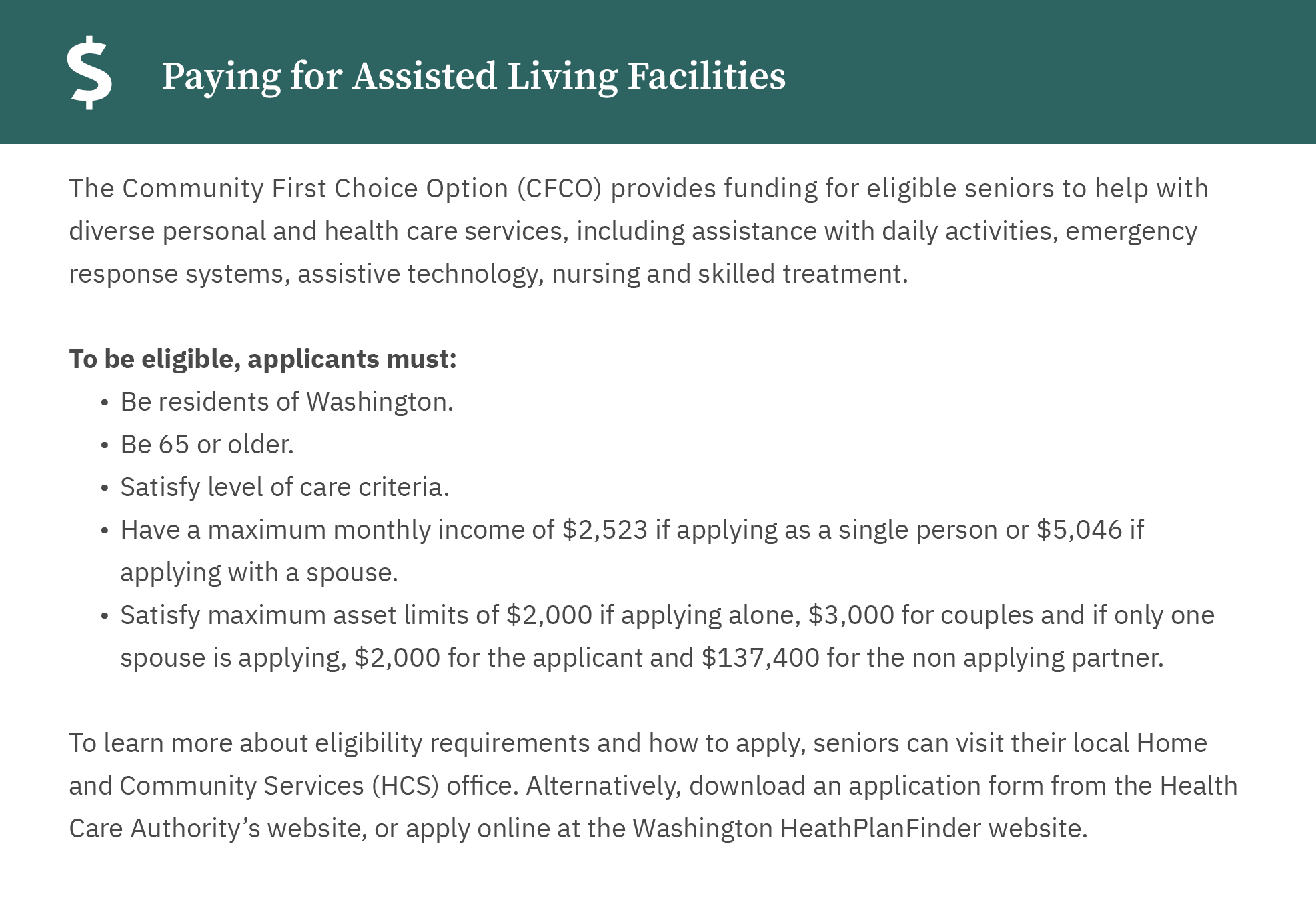
Other Ways To Pay for Assisted Living in Seattle, WA
Since not everyone can afford to pay for assisted living out-of-pocket, it’s important to find alternative methods to help make assisted living more affordable. Some of these options include:
- Veterans Benefits
- Life Insurance Policy
- Long-Term Care Insurance
- Reverse Mortgage
For additional information and planning, read our comprehensive guide to paying for senior care in Washington.
Free Resources for Seniors in Seattle, WA
Seniors in Seattle have a range of programs and services designed to make their lives better through volunteering, creating plans for long-term care and accessing transportation.
|
Resource |
Contact |
Service |
| Seattle/King County Area Agency on Aging | (206) 684-0660 | Seattle and King County residents aged 60 and over, their families and their caregivers can access services such as case management, caregiver support, wellness screenings, health insurance counseling and referrals to relevant local, state and federal resources from Seattle/King County Area Agency on Aging. The agency also administers the Senior Nutrition Program and the King County Long Term Care Ombudsman Program, which investigates claims of neglect, exploitation and abuse in long-term care facilities from seniors and their families. |
| Pike Market Senior Center & Food Bank | (206) 728-2773 | Seattle seniors aged 55 or over can join others for two hot, nutritious meals per day along with a range of community-building activities and events at Pike Market Senior Center & Food Bank. Unlike many senior centers, Pike Market Senior Center & Food Bank is open seven days per week. Activities include ballroom dancing, Healthy Step classes, yoga classes, health and wellness workshops, cards and games. The center also distributes supplementary food boxes for those in need. |
| Hyde Shuttle |
(206) 727-6262 |
Hyde Shuttle provides door-to-door transportation for seniors and disabled persons. Drivers receive training in transporting passengers with mobility challenges. Rides must be reserved in advance and can be scheduled through an online portal or by telephone. |
| Community Living Connections |
(844) 348-5464 |
Community Living Connections connects seniors and others with local, state and federal resources relevant to their needs. The service also provides one-on-one consultations regarding planning for long-term care needs and publishes an events calendar. All services are free and confidential. |
| Retired Senior Volunteer Program/Solid Ground (RSVP) |
(206) 694-6785 |
Those aged 55 and over seeking opportunities to connect with their communities and make a positive difference can reach out to RSVP to explore volunteering for local programs and services. Options include tutoring, working at Solid Sound’s Giving Garden, which provides fresh fare for food banks in King County, in a variety of capacities, including planting seeds, watering and harvesting produce, helping build homes for Habitat for Humanity, or teaching those on limited budgets how to prepare nutritious and delicious meals. The program also provides supplemental insurance while volunteering, publishes a newsletter and offers opportunities for volunteers to socialize with one another through volunteer recognition events. |
Rules and Regulations for Assisted Living Facilities in Seattle, WA
Assisted Living Communities in Seattle are required to follow a set of rules and regulations that are determined by the state. For an overview of those rules and regulations, see the information below. For more specific information, talk with your local community or Area Agency on Aging.
